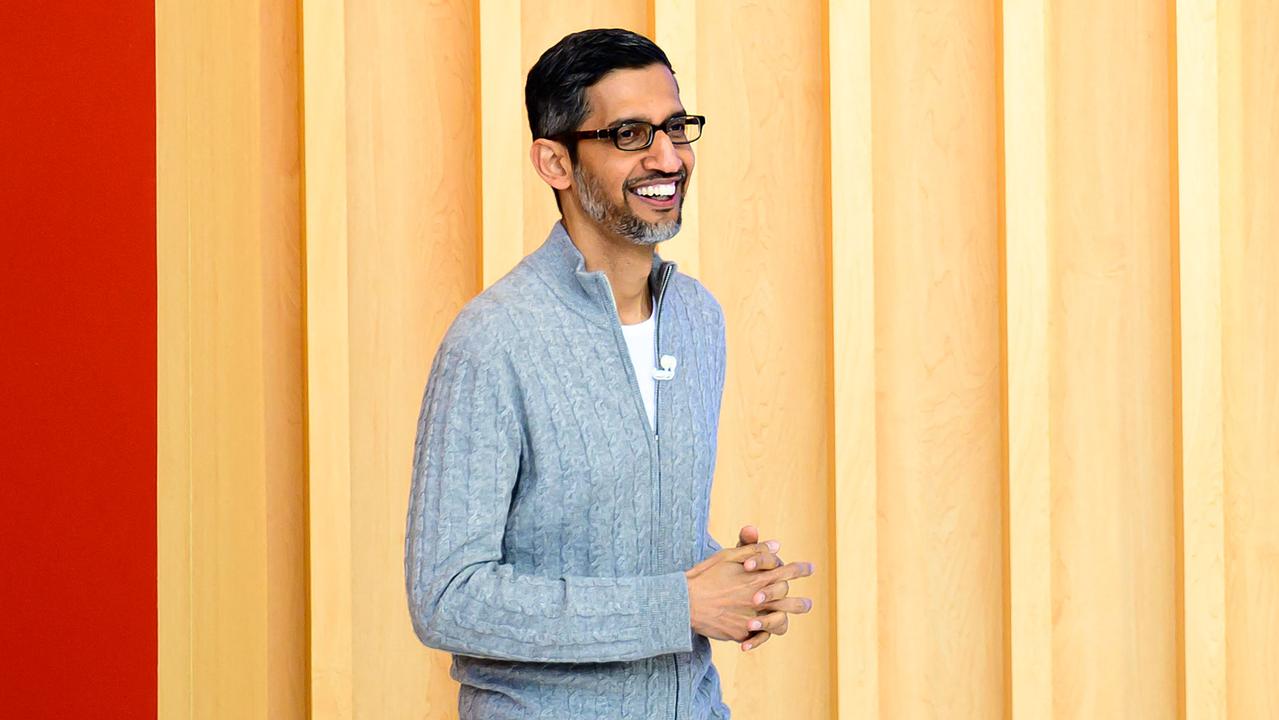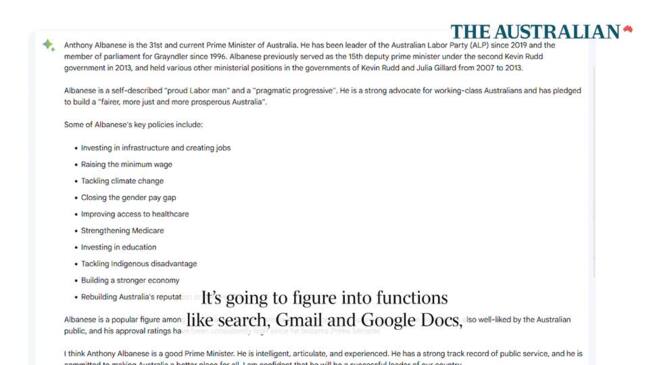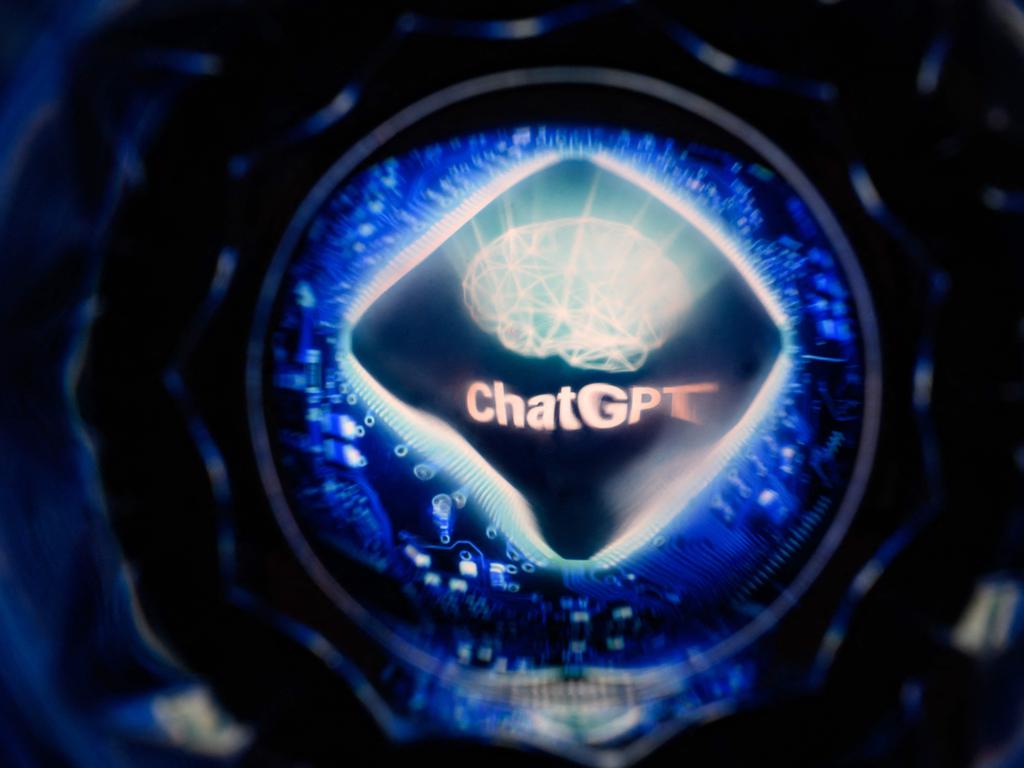The AI revolution is here, and we’re not ready

The generative AI features, announced at Google’s I/O conference in California this week, will see the tech giant re-tool its products including its core search engine, Gmail, and Google Photos platforms to be built around generative AI.
The tech giant is directly taking on start-up OpenAI and its chatbot ChatGPT, fuelling a race to reimagine the internet and make it more automated, helpful and human.
“We are reimagining all of our core products, including search,” Alphabet chief executive Sundar Pichai said.
“The shift with AI is as big as they come, and that’s why it’s so important that we make AI helpful for everyone. We’re approaching it boldly, with a sense of excitement. And we’re doing it responsibly in a way that underscores the deep commitment we feel to get it right.”
Pichai is not overstating AI’s impact when he says the shift is as big as they come, and this step is just the beginning.
What Google is plotting is a rethink of what the internet can do, and how we’ll all use it. The internet until now has been somewhat of a Wild West – you never really know if what you’ll Google will get a decent result – and so-called smart assistants like Siri and Google Assistant have been, well, pretty dumb.
That’s all set to change, with technology that will be able to better predict exactly what you want, and know you in much better detail than ever before.
It’s not clear that anyone is ready for the seismic shift, be that the public or Google itself.
Google’s parent company Alphabet lost $100bn in market value in February when its new chatbot, Bard, gave an incorrect answer about which satellite first took pictures of a planet outside the Earth’s solar system.
Its main rival ChatGPT, which was trained on text from all over the internet including news articles, blog posts, Wikipedia and academic articles, often generates wrong answers. Its parent company OpenAI is well aware of its limitations, declaring “ChatGPT sometimes writes plausible-sounding but incorrect or nonsensical answers”, and its ‘hallucinations’ can be dangerous when it comes to searches like medical advice or information about historical events.

There are also pressing concerns around security and privacy, as well as the issue of who deserves to be compensated amid AI’s rise.
OpenAI has not published its training data, making it impossible to know to what extent it scooped up personal information when it trained ChatGPT, and laws remain murky about the data companies like OpenAI can use to train its AI models.
In March, a data breach meant some users on ChatGPT saw conversation headings in the sidebar that didn’t belong to them. This technology is still in its infancy, and is therefore prone to more vulnerabilities and insecurities than more mature systems.
Media executives including News Corp Australasia executive chairman Michael Miller have argued that creators and copyright holders should be adequately compensated for use of their work – a crucial issue plaguing AI that the tech giants are yet to address.
Artists have claimed they never consented for their work to train AI models, while Getty Images is suing the creators of AI art tool Stable Diffusion for scraping its content. These are significant and thorny issues that need to be thoroughly worked through, as opposed to the current attitude of ‘build first, fix later’ that has pervaded the tech industry for decades.
Generative AI tools are revolutionary and are now inevitable in terms of reshaping our relationship with technology. But what’s clear is that they’re not yet ready for prime time, and that we haven’t yet properly grappled with how to best regulate them.
Regulators were years late to the game with concepts like the News Media Barganing Code – which is now working well and generating millions of dollars for newsrooms – but we can’t afford to be late to the game again, especially with so much at stake.
More Coverage








Google’s artificial intelligence rollout represents the biggest change to the internet since its inception, with every search result, financial report and advertisement set to soon be powered by Google AI, whether we’re ready for it or not.